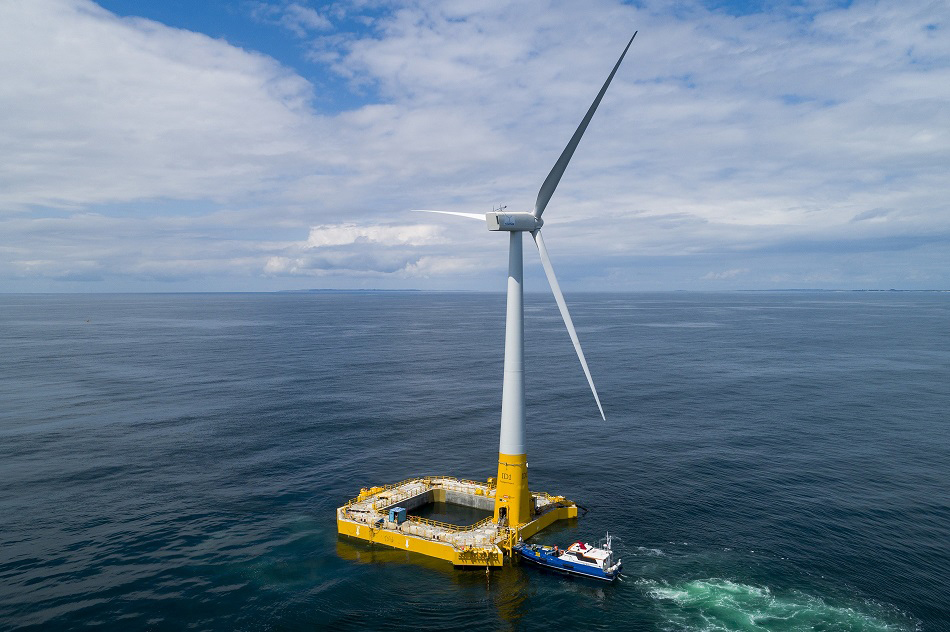Between October and February, French authorities will seek to determine which area, out of an over-10,000km2 zone considered suitable for marine energies, would be most acceptable to the public.
It will also feed into identifying potential zones for further tenders, slated for 2023-2024.
The move is line with the draft energy plan (PPE) released in January
"The aim of the debate is not to come up with a definitive zone," Marion Lettry, assistant executive commissioner of renewable energy trade body SER, explained. An analysis of the debate will go to the government, to make the final decision.
The industry has already met with the commission in charge of the debate and been involved in informal discussions with the ecological transition ministry, Lettry noted.
Previously, the zones were selected by the state, with public input only taking place after the projects had been awarded. This contributed to the number of legal challenges which have
The government hopes the new system will help speed the process, in combination with other measures.
According to the government, the new project will be awarded in 2021, consented in 2025 at the earliest and completed 2027-2029, a total of eight-to-ten years from the launch of the public debate.
SER broadly agrees, estimating seven-to-eight years from award to final commissioning, Lettry said.
This compares with at least ten years for the first-round projects, led by the , which increases to roughly 12 years when including time spent identifying the zones.
"For the first six projects, work started in the late 2000s and proposals for the zones were sent to the industry in 2010, before the launch of the first call for tenders," Lettry said.
The industry is now hoping the new procedures will be significantly faster.

.png)



.png)









